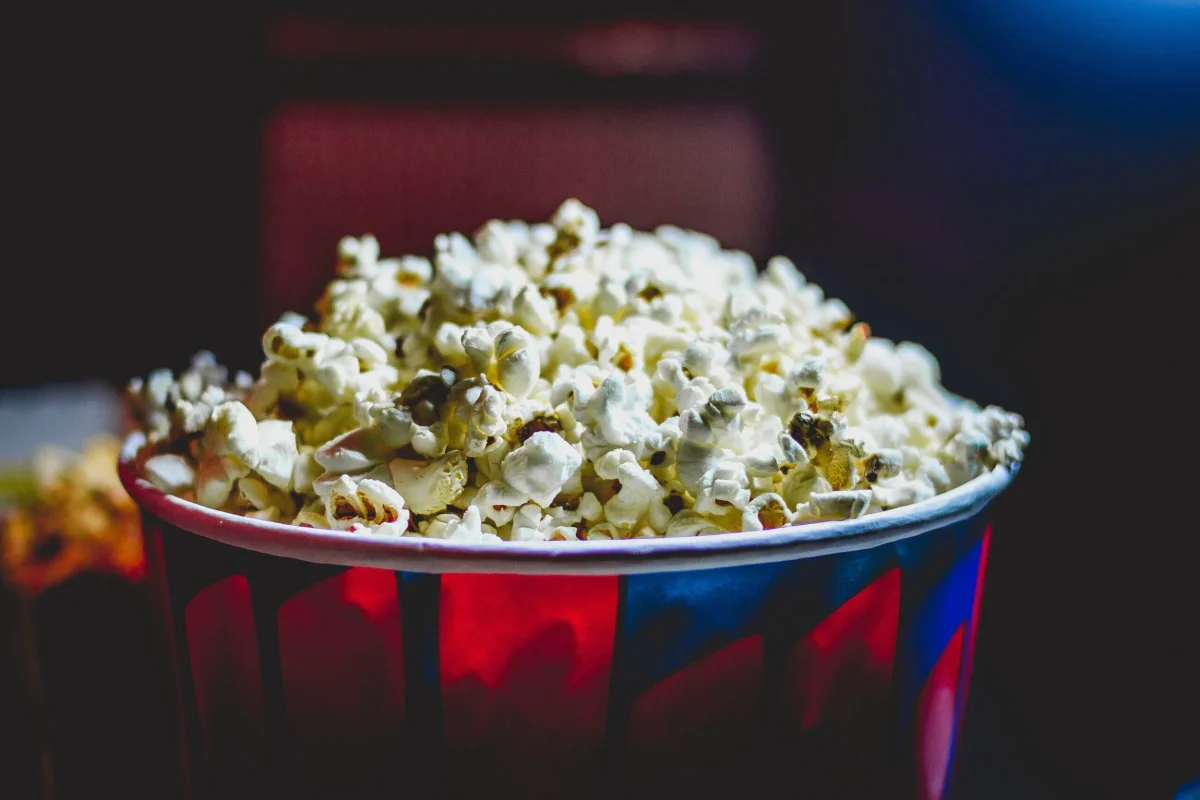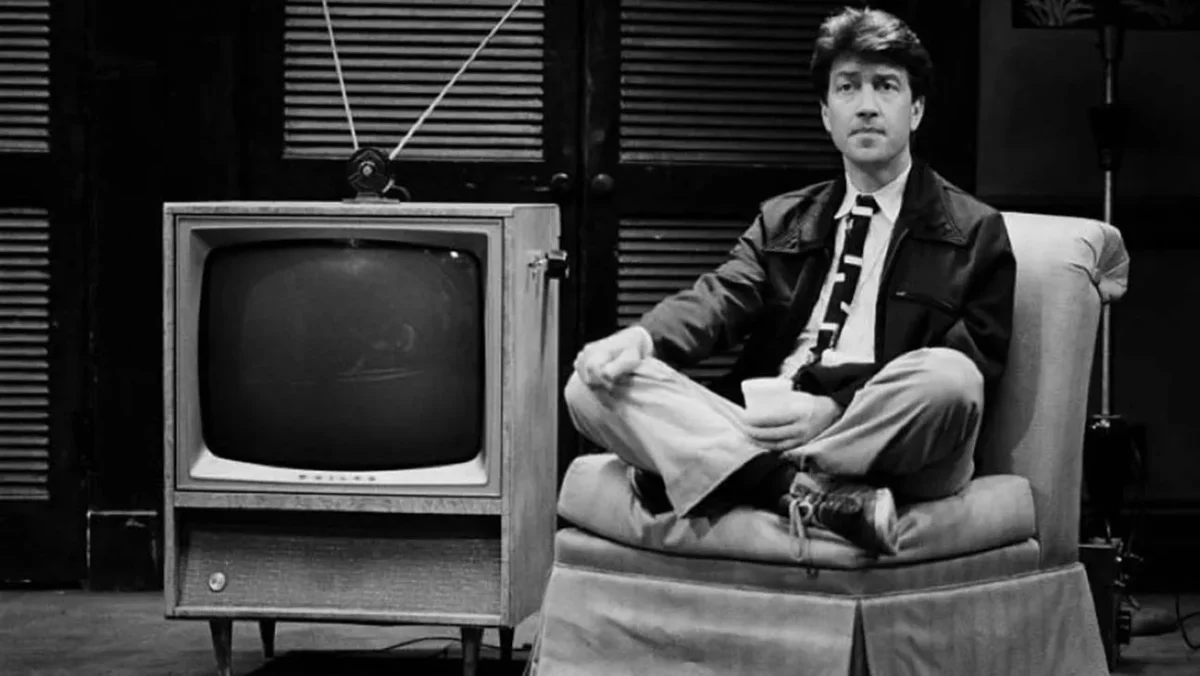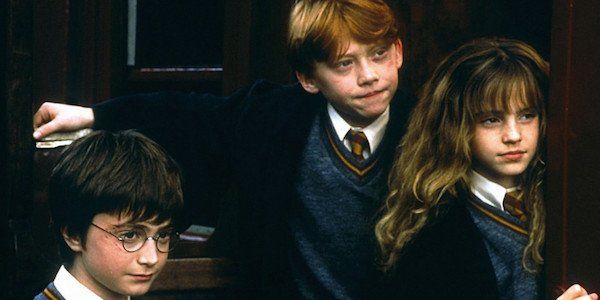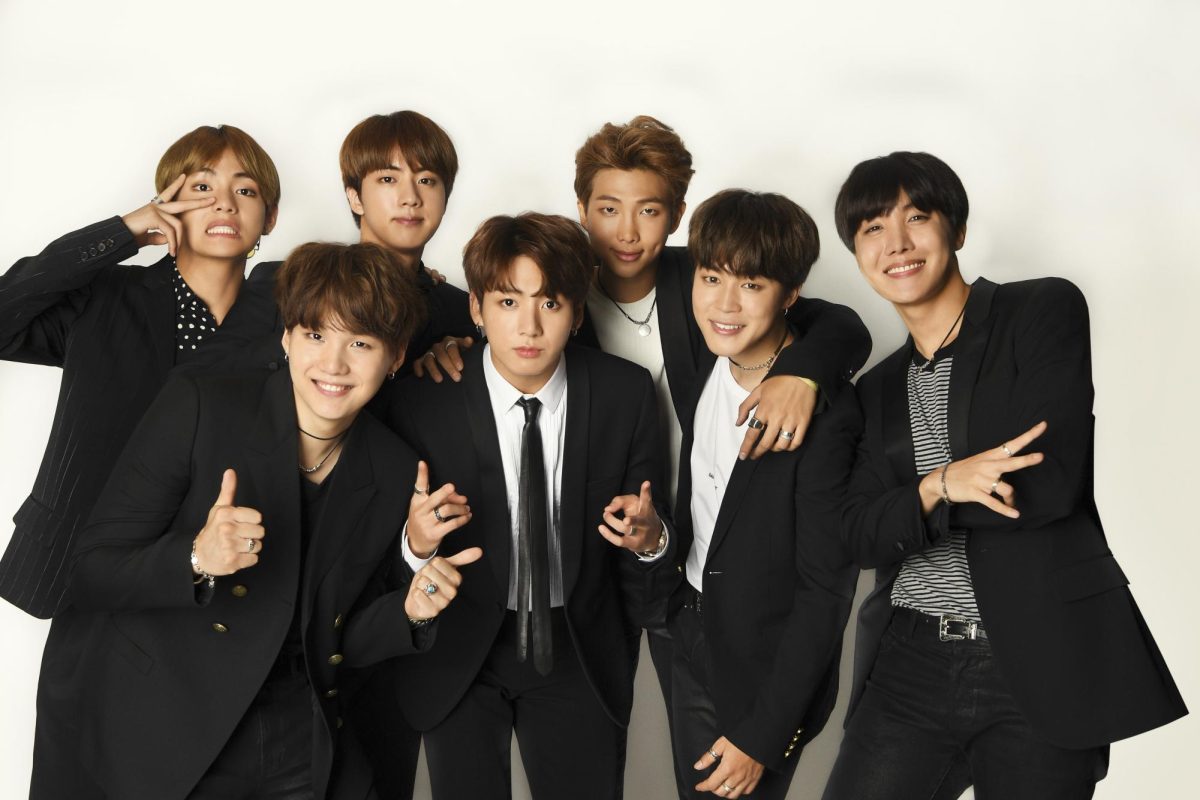Have you ever sat down to watch a movie with family and friends, looking forward to a fun and cozy night, only to find yourself still scrolling through Netflix 45 minutes later?
Believe it or not, this is actually a pretty common problem. Many people blame it on their family or friend groups’ diverse tastes, or perhaps that there’s no good movies anymore. But maybe the problem in picking movies isn’t with the destination, but instead the path.
A recent survey indicates that even similar people might have different movie tastes, ones that can be completely different from their hobbies. In the survey, it shows that only 20% of people who play music like to watch musicals, and that 44% of people that enjoy reading like to watch fantasy movies. At first, these statistics may seem confusing. Why don’t most readers like fantasy movies, and why don’t more music players like musicals? Well, there are many other factors that can determine if 2 people will agree on something. For example, people’s social interests, hopes or dreams, or even their mood can determine whether or not they might agree with someone. So if our interests and hobbies aren’t that problem, what is?
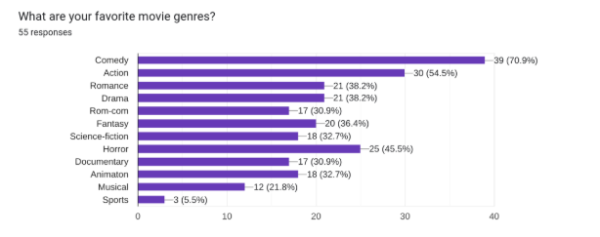
Many studies suggest that the real problem is the sheer number of movie choices. On the top 3 streaming services alone, there are over 30,000+ movies. Often, even if we do like a movie, but we don’t feel that it’s perfect for the occasion, we continue to scroll, knowing that there are thousands of more options. This relates to other real-life scenarios as well, like picking a restaurant, or what type of chips to buy at the store. Even with bigger decisions, like job searching or dating, people experience these problems. When using dating apps, people are especially picky, because they know that even if someone might be good for them, there’s a chance that there is someone better out there. People often do this because they don’t want to have regrets, but this actually more commonly leads to people wishing they could go back.
Picture this: You sit down at a diner, with a normal menu of around 50 options. It would be pretty easy to decide right? But what if the menu expanded to 50,000, or 100,000? Then, it wouldn’t just be about picking the right thing to eat, but instead making sure you’re not missing out on anything. It would also take ages to decide because even if you see your favorite, go-to meal, with a menu of 50,000 options, you would still keep looking for something better. Paradox of choice, a book written by psychologist Barry Schwartz, explores the idea that too many options leaves us unsatisfied, and hinders our ability to make decisions. “We go to Netflix and try to decide what movie to watch. And after 40 minutes of searching, we turn off the TV and read a book,” says Schwartz.
Another one of the main reasons might be that people have their mind set only on the movie that they want to watch. Often if a person has a movie that they want to watch, no matter how good another option is, they will stand by the one that they chose. This is commonly known as commitment bias, something we’ve all experienced at one point in our life, whether in arguments, poor decisions, or in our daily routine. Skyler S., a 9th grader at the iSchool, reflects this mindset perfectly: “I think that sometimes people get like stuck, because they have something that they want to watch, and maybe someone else isn’t into it but they don’t want to change their mind.” Skyler’s experience is a textbook example of this commitment bias, where a person sticks with their original choice, even when offered a superior one.
The last main reason people struggle when picking something to watch is simply the lack of attention. Over time, we have become more dependent on our phones and social media. The average person checks their phone 144-205 times a day, while the average teenager spends between 4 to 9 hours a day on screens. This overuse of our devices has led to drastic drops in attention span. This drop in the ability to focus is another one of the large reasons that we can’t pick a movie. Herbert A. Simon, an American computer science professor, says, “In an information-rich world, the wealth of information means the poverty of attention.” This quote also ties in to commitment bias, exploring the idea that the combination of endless choices and low attention span lead to disagreement and inability to decide on a film.
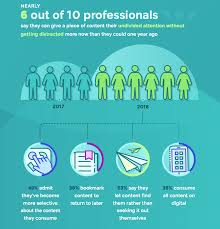
So if the problem is more psychological than personal, what can we really do about it? People who struggle with this problem often can use a variety of solutions. For example, a 10 minute timer, and when it goes off and you haven’t picked a movie, you watch the most trending one right now. Another popular solution is to first pick a genre, and then narrow down the choices. However, not everybody struggles with this problem. And it’s not just that some families are perfect and always agree. At my grandparents house, we watch a movie every night, and there is almost never any arguing. We simply go in a weekly rotation, where one person every week gets to pick a movie. If someone else doesn’t like it, then they can just leave. We’re certainly not the perfect family, but this has worked for years.
In a world of so many options, we get caught up and overwhelmed, even when all we want to do is simply sit down and watch a movie. But knowing how we react when there’s too much to choose from, and how our biases affect our interests, we can make decision making a little less complicated. And maybe movie night won’t last all night next time.


